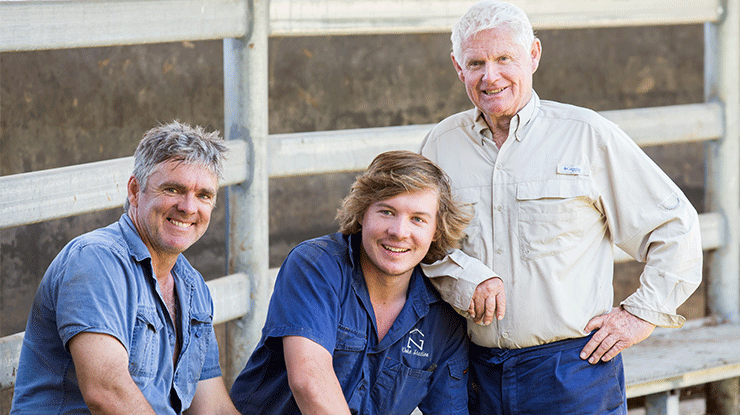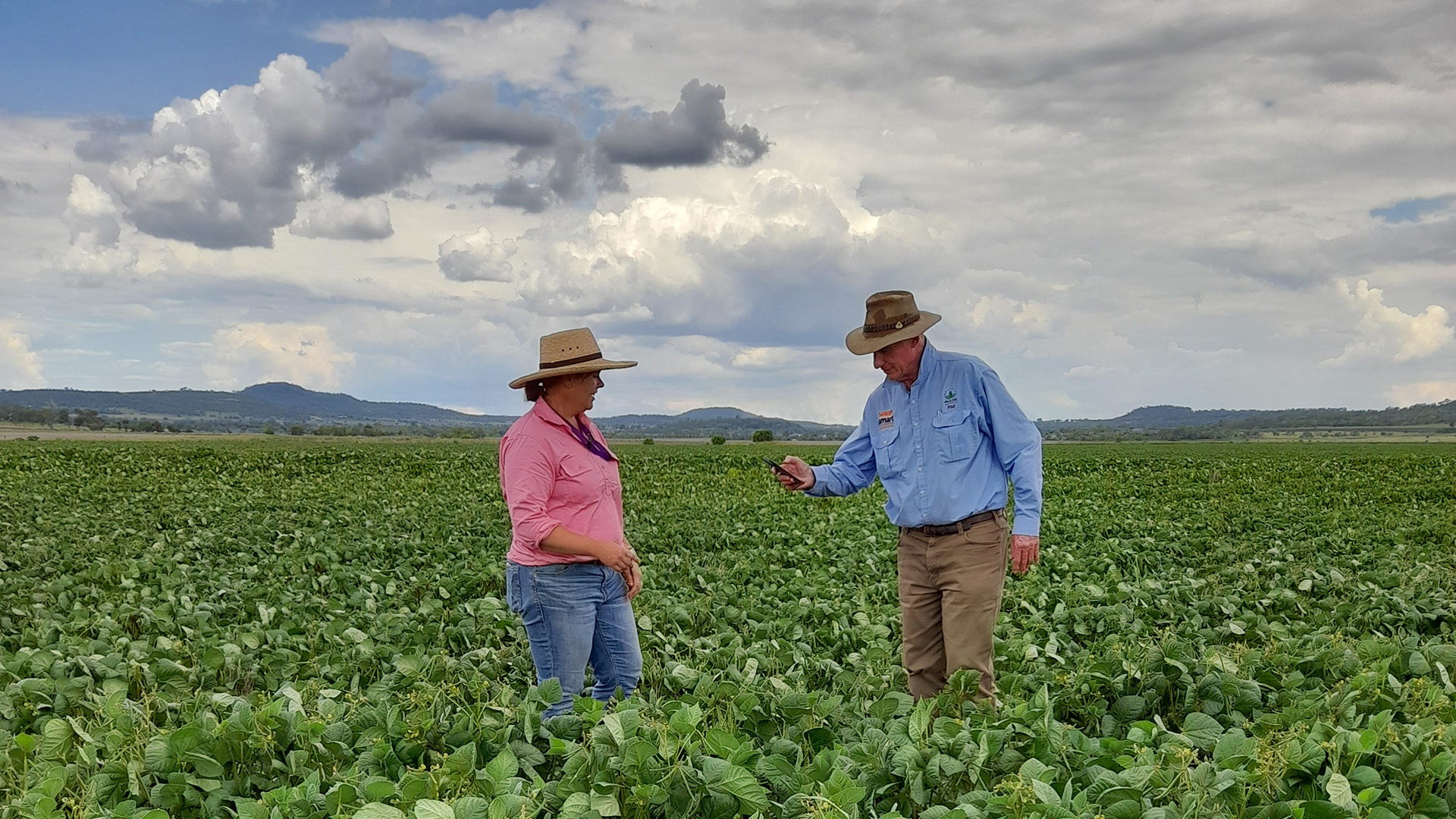
It might sound like selling ice to an Eskimo, but an industry partnership is putting Aussie beef and lamb dumplings on Chinese tables.
The tale of Crazy Dragon dumplings is one of provenance, powered by a collaboration between MLA Donor Company (MDC), producers and food companies.
The dumplings are manufactured in China by the Australian‑owned and Melbourne‑based company, My Crazy Auntie’s Food, and are made with trim meat supplied by Macka’s Australian Black Angus Beef, a NSW‑based, vertically integrated export business.
The compelling paddock‑to‑plate story of Macka’s gives Crazy Dragon dumplings a unique point of difference in the Chinese marketplace.
Macka’s director and fourth‑generation producer, Robert Mackenzie, has been to China nine times during the past three years and is enthusiastic about sharing their story, inviting consumers to see firsthand how their beef is grown and processed.
“We have a lot of Chinese visitors to the farms who want to learn more about how their food’s produced and how we guarantee a quality product on their supermarket shelf,” he said.
“The Chinese market is very concerned with provenance, traceability and product integrity.”
Despite increased animal activist and protest activity targeting Australian farms recently, Robert remains steadfast in his ‘open door’ policy.
“Everyone’s entitled to their view.
“We remain committed to our goals and our vision, which is running quality cattle on quality properties and adhering to industry best practice,” he said.
“We have a good reputation in Australia for being clean and green, and having high animal welfare standards and an excellent traceability system.
“It’s a great story and we need to talk it up. We need to keep pitching Australian beef and lamb as quality products and to help each other.”
My Crazy Auntie’s Food Director Juy Hepner said exporting Macka’s trim to China for Crazy Dragon dumplings allowed him to use Australian product and sell into the Chinese marketplace while circumventing a Chinese quarantine ban on imported processed meat products. This ban prevented his dumplings from being manufactured in Australia and exported.
“I asked [Chinese] customers ‘is there going to be any push‑back from the fact that it’s processed in China? Are you going to trust that it really is Aussie beef and lamb?'” he said.
To guarantee provenance, Juy wanted to create a signature that couldn’t be copied. The solution was to shoot videos at the actual farms where he sourced the meat.
He filmed Robert, dubbed the video into Chinese and took it to a trade show where it went viral. It was so well received, the video is now attached to the quick response (QR) code on the dumpling packaging.
While Robert is mostly preoccupied with marketing to supply his chilled and frozen Angus box beef and retail‑ready product to China, he hasn’t lost sight of the basics – producing what consumers want.
“It’s important to have the right genetics and the right breeding,” he said.
Robert’s breeding checklist includes:
- high marbling
- strong mothering ability
- good milk production.
Tools of the trade
Robert’s advice to others interested in exploring export opportunities is to use government and industry resources.
For example, MDC, which doesn’t use producer levies, provided market research insights and data to help Crazy Dragon develop its strategy.
“Austrade, the Australian Government, NSW Department of Primary Industries and MLA have all provided tremendous support, both here and out of Australia,” he said.
“They care about helping people live out their dreams and ambitions.
“The first time I went to China was four years ago; I went on my own for six weeks to try and understand the market and meet some people who might be able to help us export.







